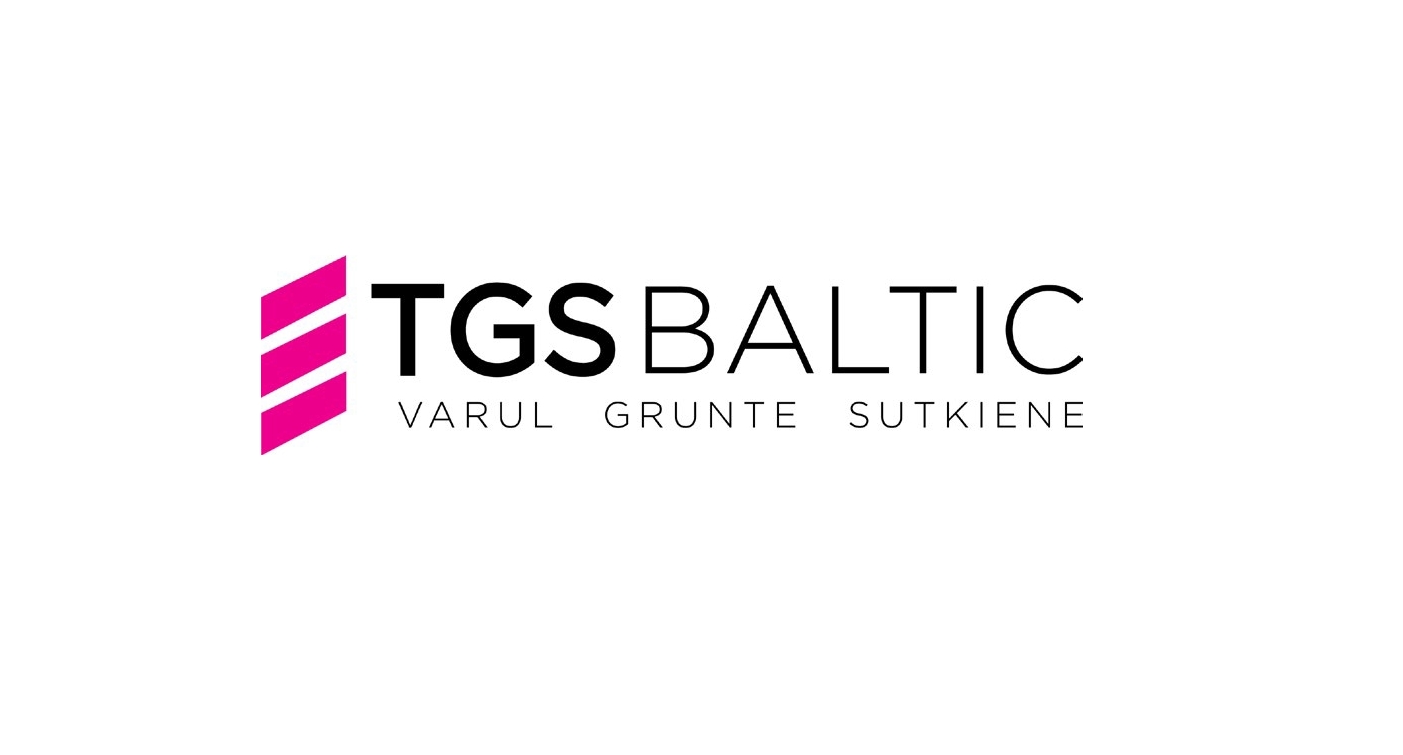Regulatory Reforms
TGS Baltic / Latvia
The latest regulatory reforms in Latvian pharma. Prepared in association with TGS Baltic, a leading law firm in Latvia, this is an extract from The Pharma Legal Handbook: Baltics, available to purchase here for USD 99.
1. Are there proposals for reform or significant change to the healthcare system?
Procedure on Medicine Advertising
The rules provide that marketing authorization holder will have to submit data about organized and sponsored events – concerning remuneration of lecturers and consultants, technical equipment, catering, etc. Until recently, the manufacturer had only to submit information about support to associations and medical treatment institutions. This reporting obligation applies concerning the preceding reporting period (i.e., 2018).
To reduce the possibility that a marketing authorization holder avoids providing the relevant information, the rules have the requirement of notifying also in such cases, when either no support has been granted or the events have not been sponsored. The rules clarify relationships between HCPs and pharmaceutical companies by stipulating what kind of benefits may be offered and who may offer (if at all).
It is specified that the value of such benefits may not exceed EUR 10, and it must be intended for educational purposes, additionally events for HCPs must depend on scientific aims and should not contain entertainment elements. Lastly, the rules provide for a prohibition of advertising of specific medicines, which have high pharmacovigilance risk.
Amendments to the EU Clinical Trials / Medical Devices Regulation (536/2014)
On the pan-European level, the way clinical trials are conducted in the European Union (EU) will undergo a major change. The regulation will require consistent rules for conducting clinical trials throughout the EU; information on the authorization, conduct and result of each clinical trial carried out in the EU to be publicly available.
New Medical Device Rules
The new regulations (Regulation (EU) 2017/745 and Regulation (EU) 2017/746) introduce a “Unique Device Identification” (UDI) System, new classification rules have been enforced, and the regulations now include products without a medical purpose. Under the new EU Medical Device Regulations, the European Authorized Representative will be responsible for verifying that the EU Declaration of Conformity and technical documentation have been drawn up by the manufacturer and, where applicable, that an appropriate conformity assessment procedure has been conducted. Most importantly, the European Authorized Representative will be legally liable, jointly and severally, with the manufacturer, for defective devices that are placed in the EU market if the medical devices are not compliant with the requirements stated in the Regulations.
2. When are they likely to come into force?
- Latvian advertising rules – 01 January 2019;
- Clinical trials regulation – 2019;
- Medical Device Regulation – 26 May 2020.























































